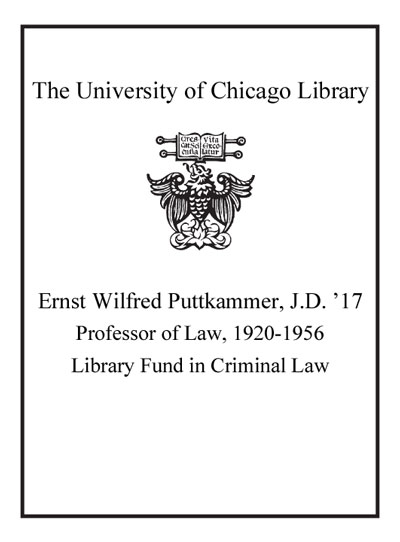Review by Choice Review
Leading scholars and jurists from around the world discuss the origins, evolution, and implication of "universal jurisdiction" as a legal remedy against impunity, i.e., exemption or freedom from punishment or penalty ordinarily asserted by those who commit atrocities. This book examines questions clouding the future of universal jurisdiction and its role in famous and not-so-famous cases to determine the proper place of universal jurisdiction in the emerging regime of international legal accountability. By definition, universal jurisdiction stands for the proposition that atrocities such as genocide, torture, and other forms of war crimes are so universally abhorrent that any state is entitled to prosecute these crimes in its national courts. Furthermore, any state can commence such proceeding without regard to where the crimes were committed, the nationality of the perpetrator, or the nationality of the victims. This legal instrument gained world attention in 1999 when former Chilean President Augusto Pinochet was arrested in London at the request of a Spanish judge, and in 2001 when two Rwandan nuns were convicted by a Belgian court for atrocities committed in Rwanda. The volume provides rich and diverse views on international legal accountability. ^BSumming Up: Highly recommended. Graduate students and faculty with specialized interests in international law, justice, and human rights. M. G. Pufong Valdosta State University
Copyright American Library Association, used with permission.
Review by Choice Review

